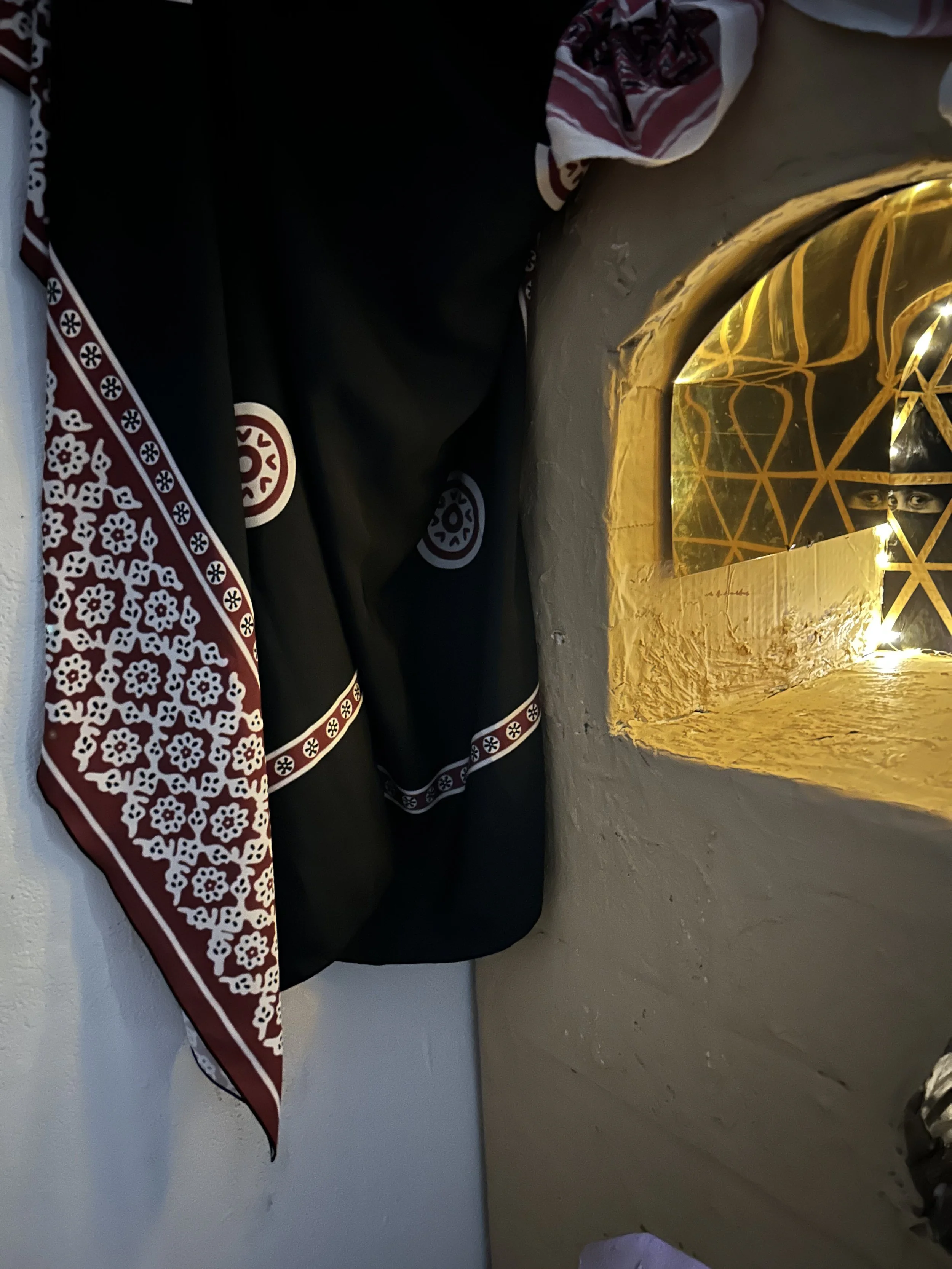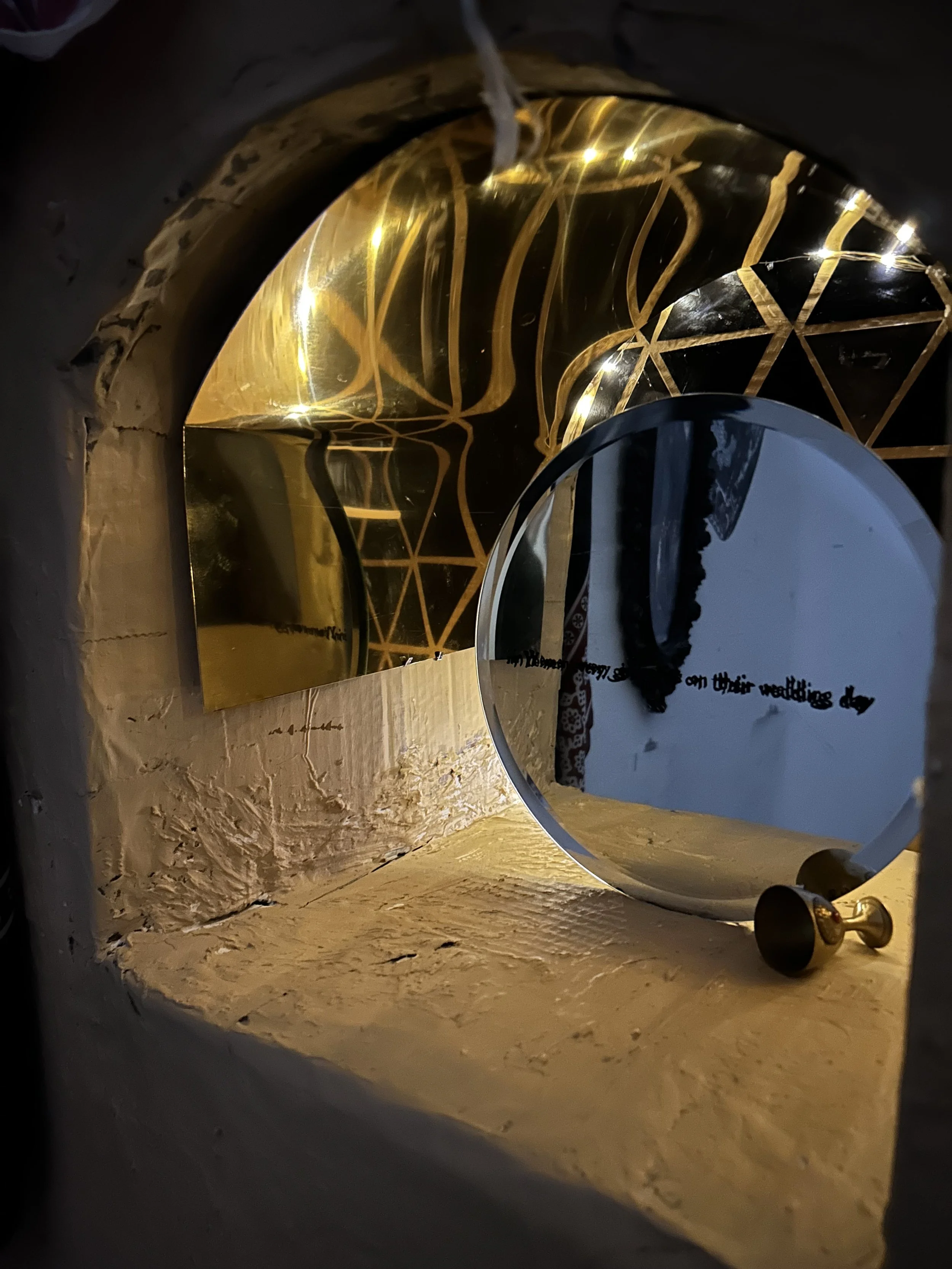don’t let them take your daughter
an installation
inspiration
This piece serves as an homage to the women in my family and draws from my research into Yemenite Jewish history, particularly my father's story. My grandfather had two wives, a common practice in Yemen. He married his second wife, an orphan, who was around 13 to keep her within the Jewish community. This event deeply affected my father, the eldest child of the first wife. However, the rest of my family romanticized it, viewing it as a rescue from the potential mistreatment of being raised by a Muslim family.
child marriage
Last year, I read the novel ‘Songs for the Broken Hearted’ by Ayelet Tsabari, who I now consider a friend. I paused in the section of the story that described how Yemeni girls, upon marriage, cried as it marked the end of their childhood, highlighting the emotional impact of early marriages. This resonated deeply with me, as it mirrored my own family history. It prompted me to reassess my culture and the narrative I had been given.
stolen children
A dark part of Yemenite Jewish history involves the stolen Yemeni children, an unresolved topic to this day. Many Yemeni families, including mine, have stories about children disappearing from hospitals during the early years of Israeli statehood and being told the child died without being shown any proof. My biological grandmother once went to the hospital to reclaim my second grandmother’s baby, ensuring the family wouldn’t lose him. As I revisited this story as an adult, I began to recognize her strength and courage.
assimilation
Many Yemeni traditions and customs were given up in the move from Yemen to Israel in the hope of assimilating into the modern country. Good and bad. Every item in this piece represents a tradition or custom that was given up.
This piece honours the traditions and strength of the Yemenite Jewish women, especially those who did not have a choice, but whose struggles and sacrifices paved the way for future generations.
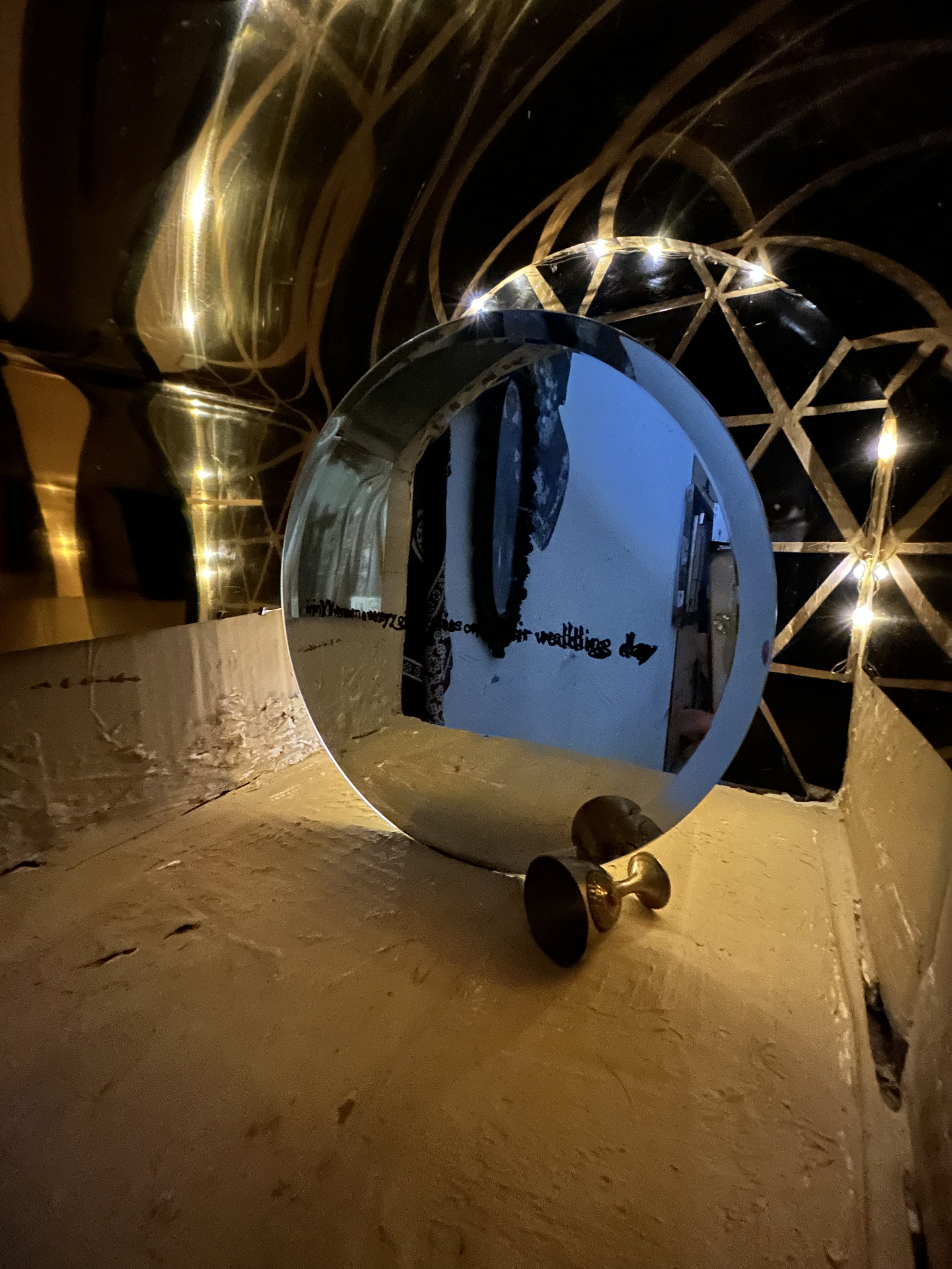
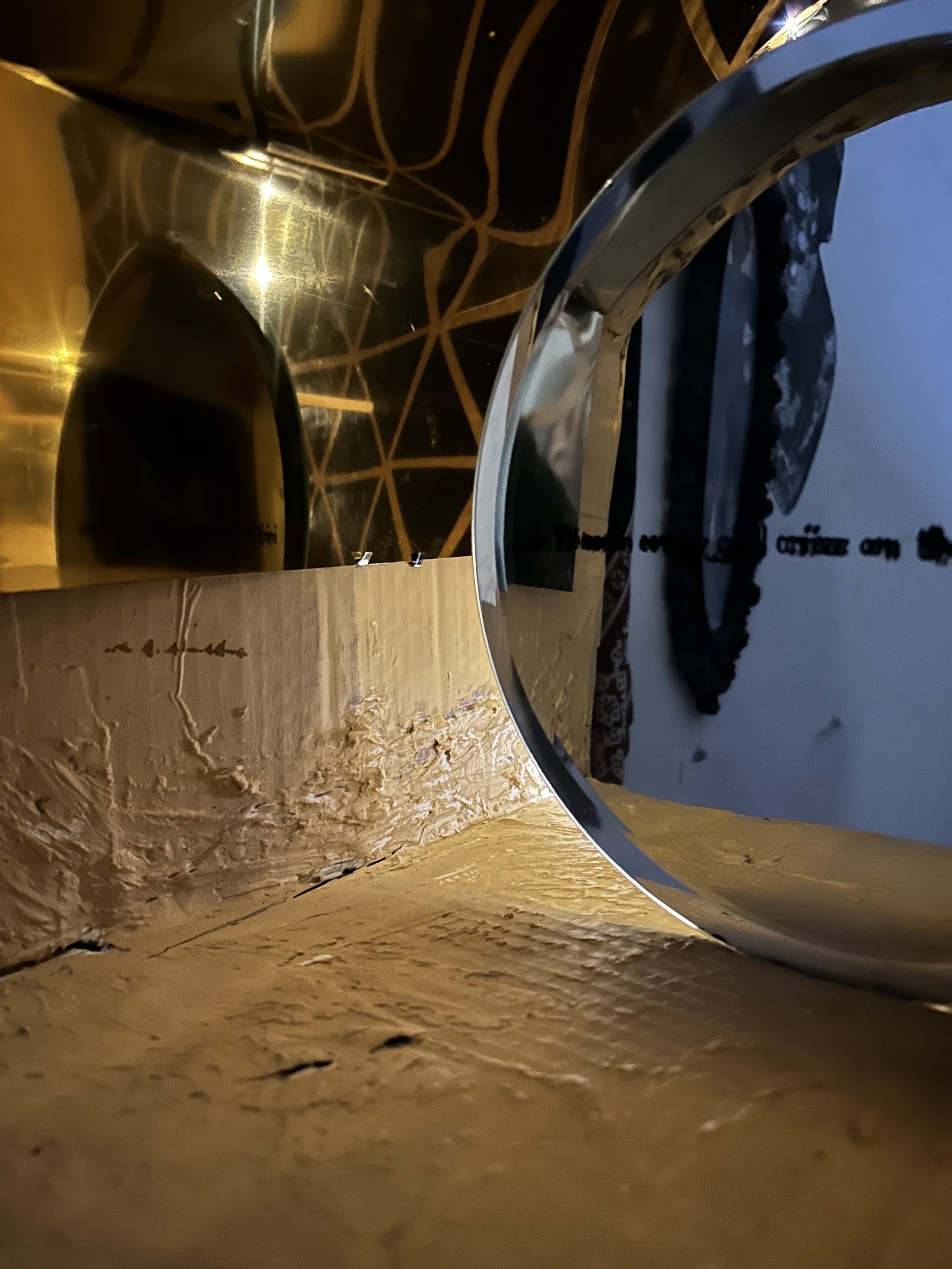
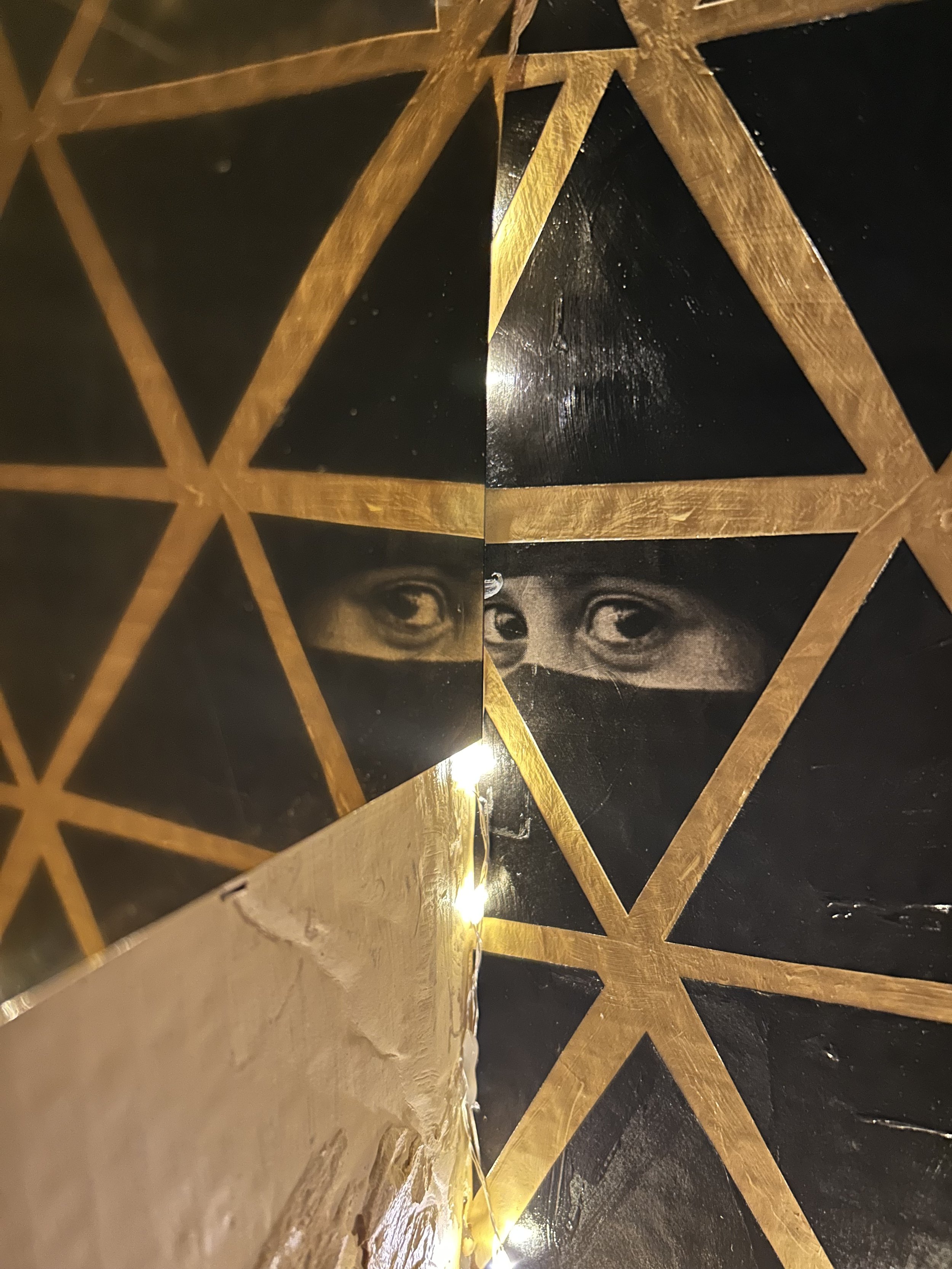
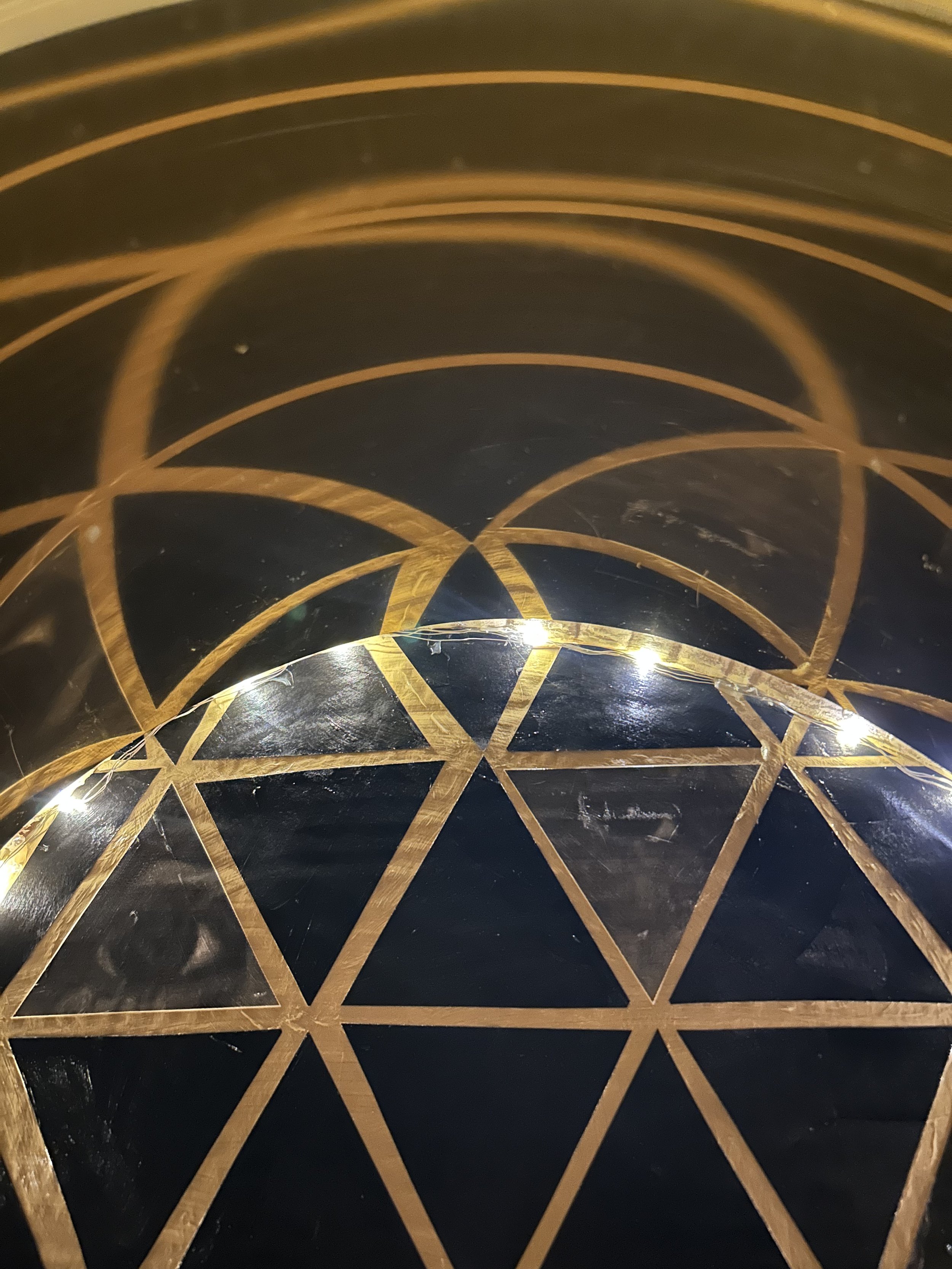
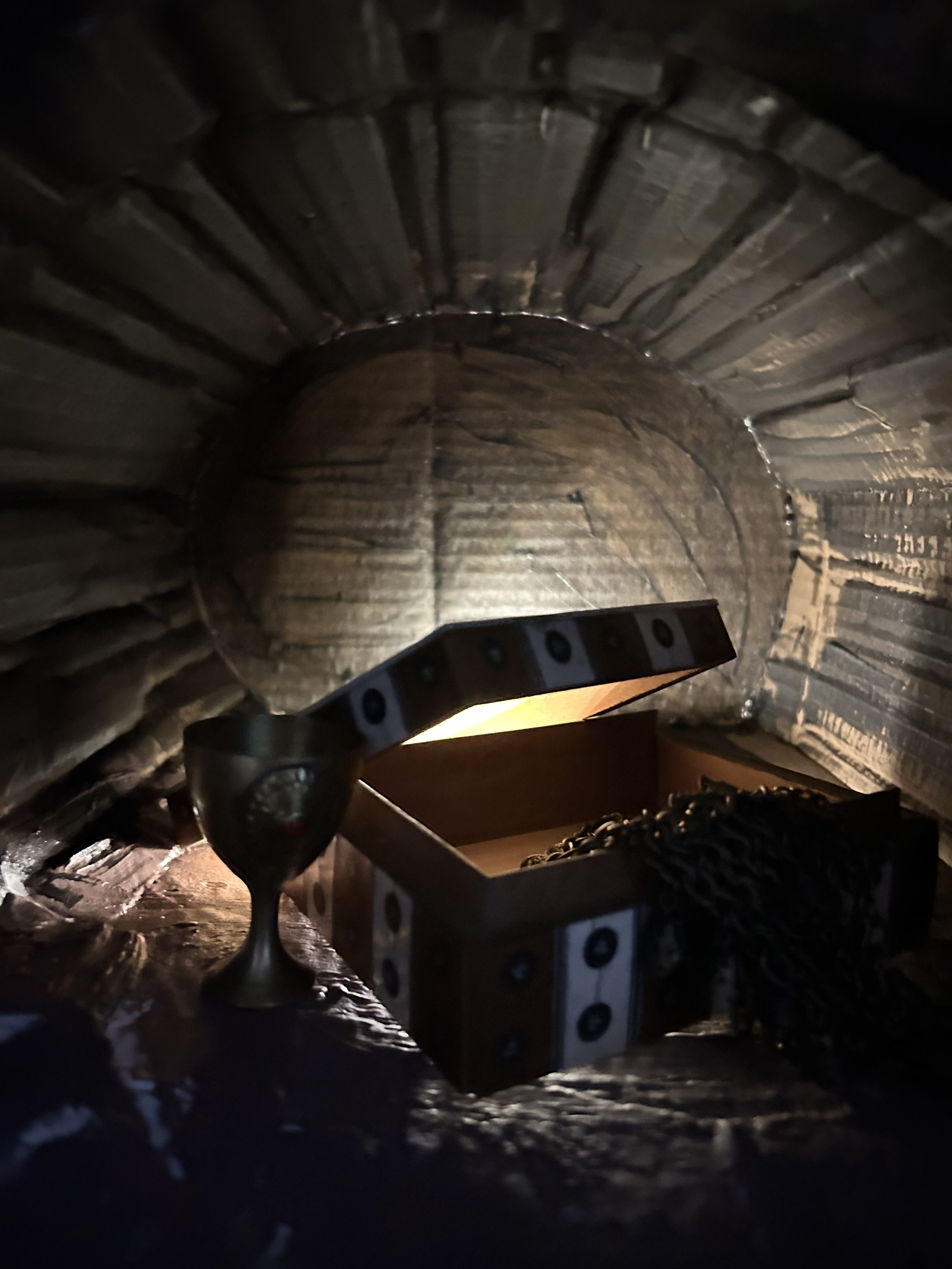
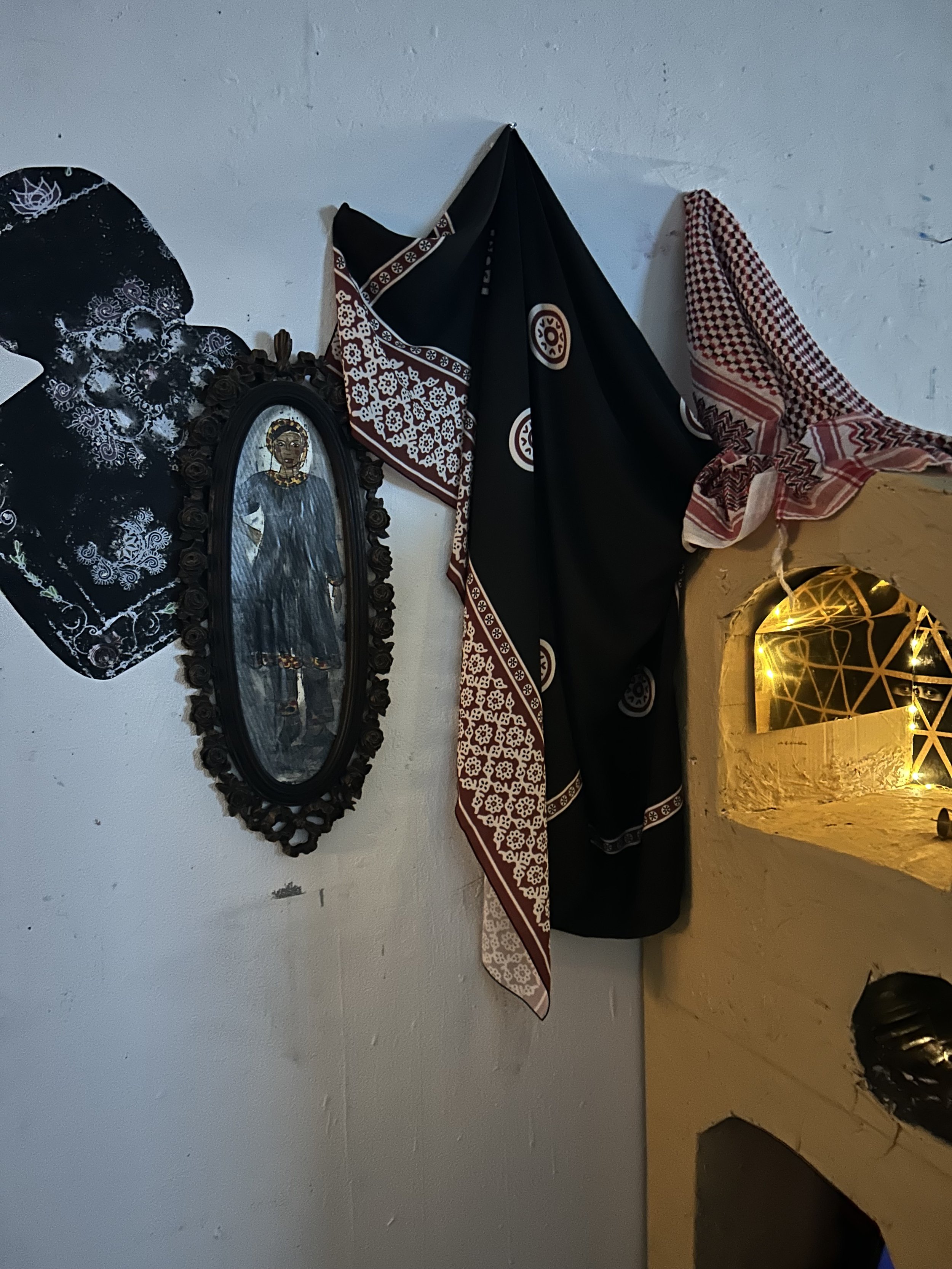
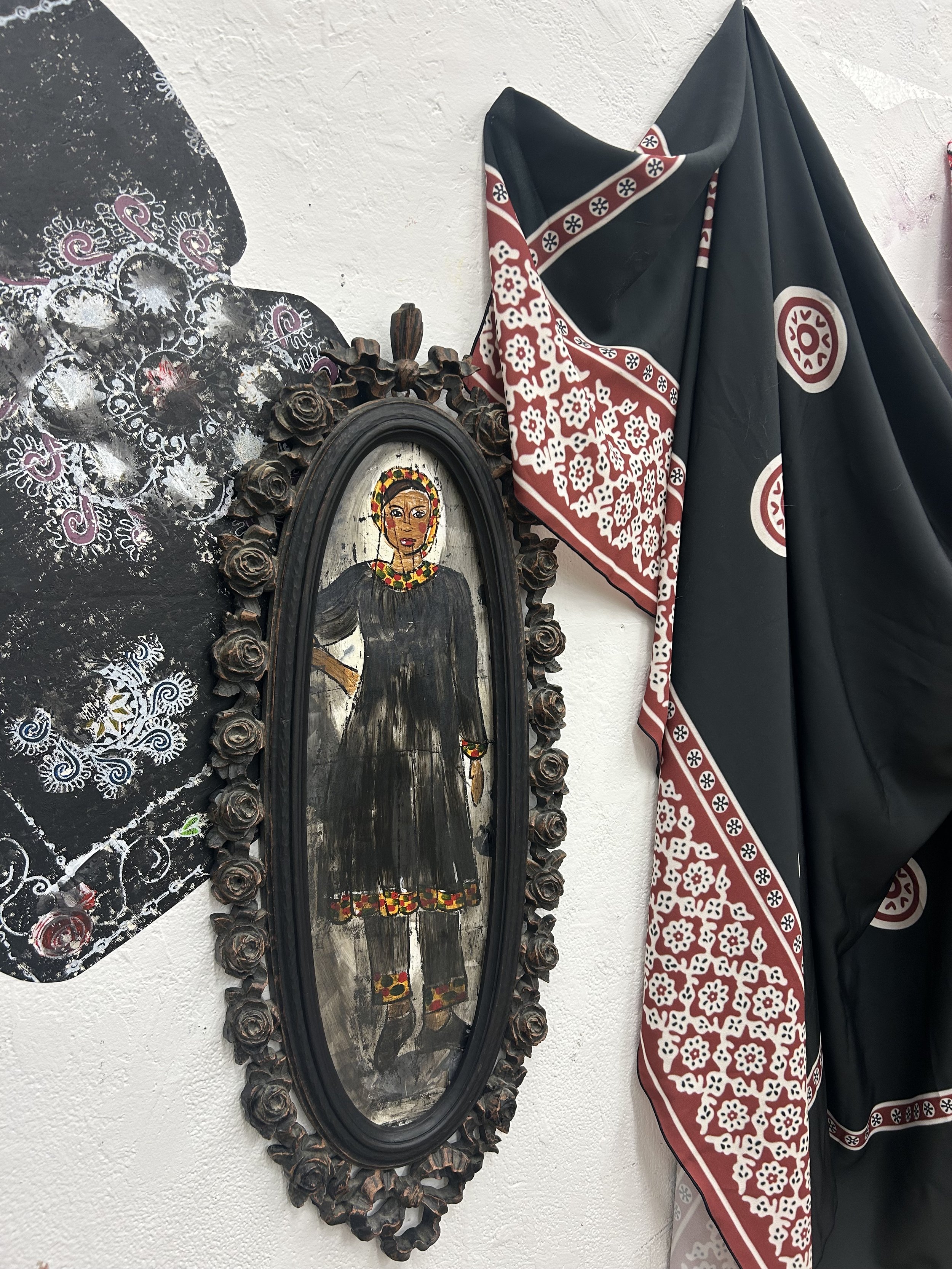
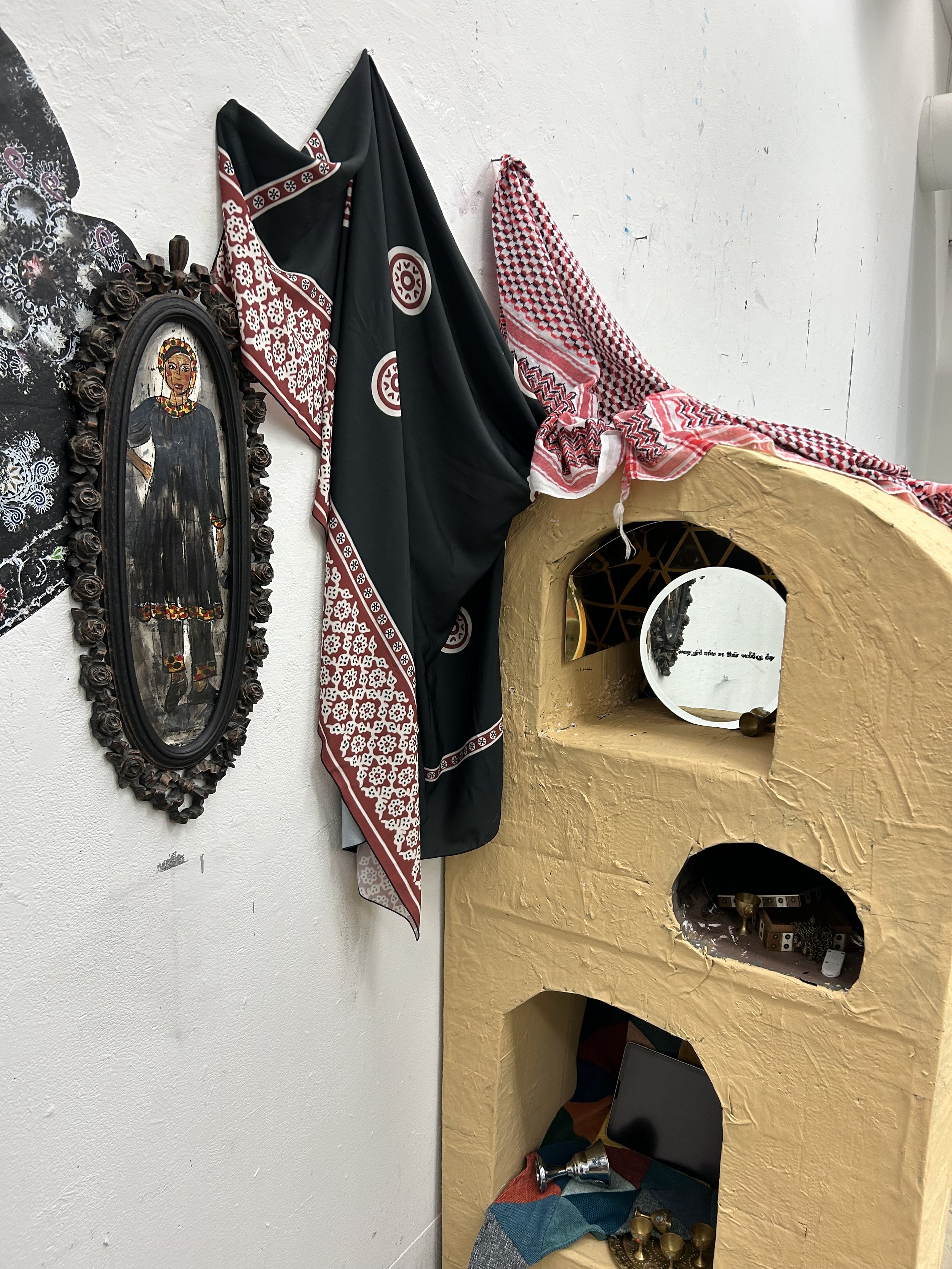
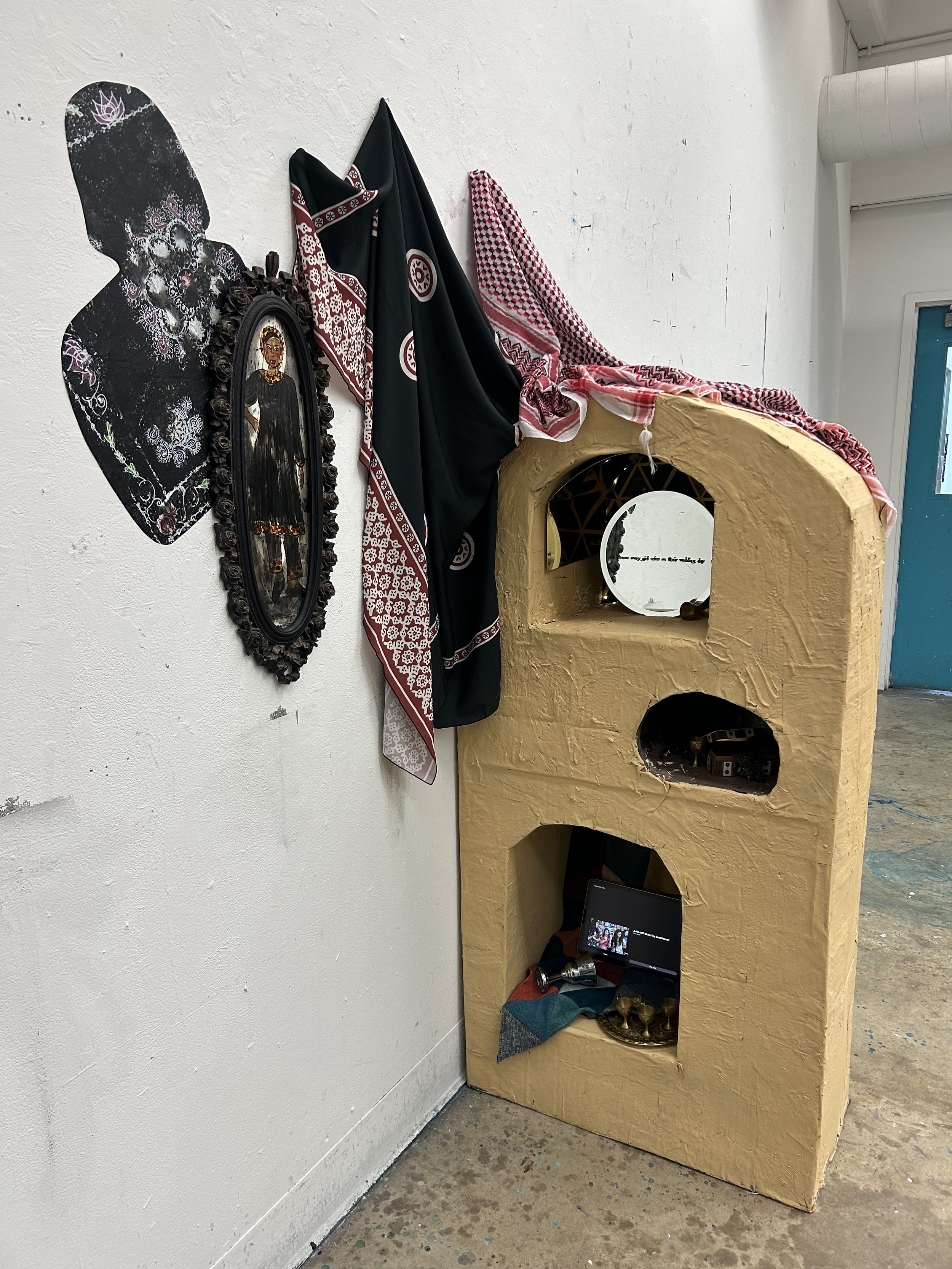
Video and song was used in this installation. You can view the ‘Hana Mash Hu Al Yaman’ below.
Enjoy.
